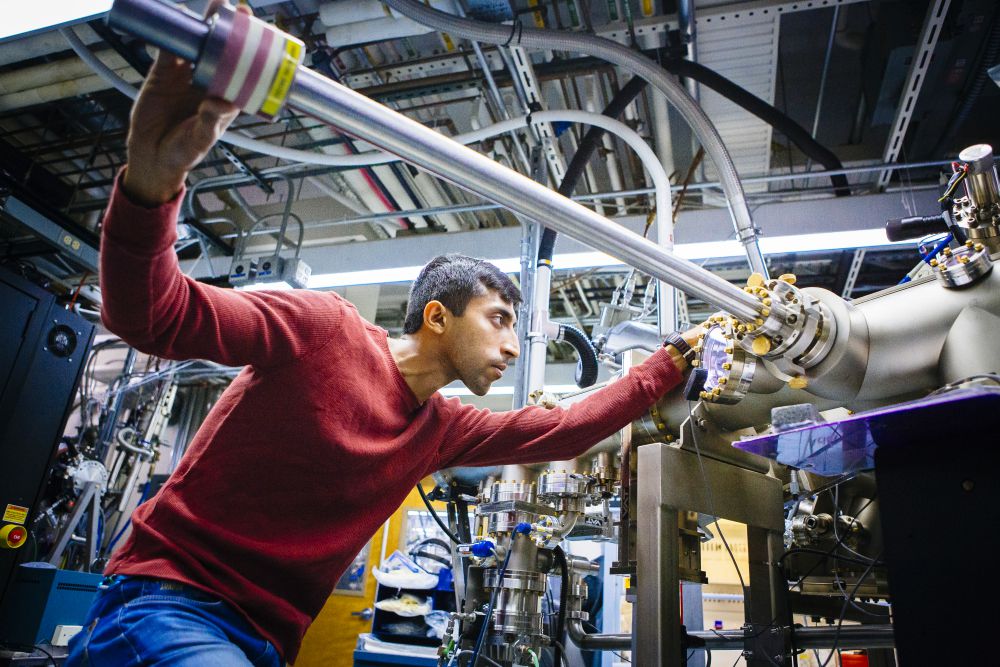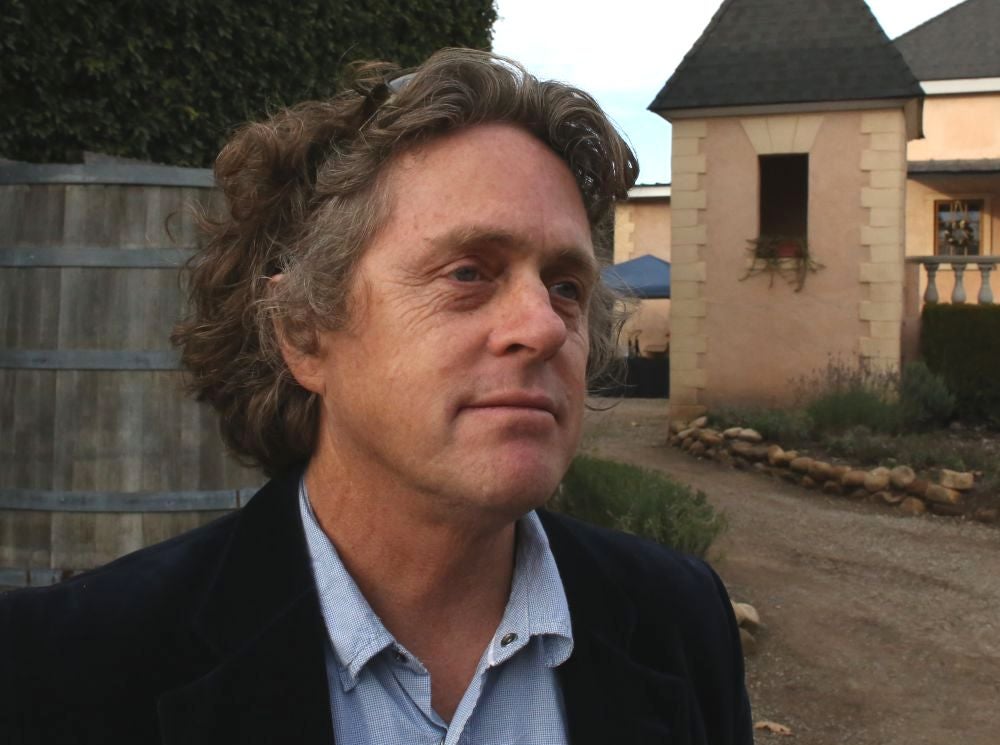
The Class of 2050

Students come to universities to learn and become deeper, better versions of themselves, people who are genuine assets to society. Christopher Newfield wonders if institutions of higher learning can do the same. Can they grow and adapt to the challenges of a changing world?
A conference at UC Santa Barbara, “Global Higher Education in 2050: Imagining Universities for Sustainable Societies,” will explore the future of the academy Wednesday, March 4, and Thursday, March 5, from 9 a.m. to 6 p.m. in the campus’s Loma Pelona Center. It is free and open to the public.
Convened by Newfield, a distinguished professor of English, the conference will bring together participants from Brazil, Columbia, England, Greece, India, Norway and South Africa, as well as various states in the U.S.
The conference was conceived, he said, “to do some fresh thinking about higher education and not just focus on current issues. Universities have been struggling with familiar problems for years or decades — the hardship of student debt and the anger about it, funding shortages and overcrowding, the expansion of ‘gig economy’ forms of college teaching and struggles for adequate research funding in both STEM and non-STEM fields. Can we step out of the current situation and elicit new ideas about what universities can and should look like in the future? That’s our motivation.”
Newfield, who has written extensively on higher education, said universities will thrive only if they increase their social benefits, which he described as “deep learning for all students, more unfettered research, debt-free graduation, excellent working conditions for employees.”
“Universities will have great futures if and only if they model the great qualities that we want,” he said. “Also, there will be multiple futures — universities will look different in different countries and will diversify within countries as well. We will not be seeking a unified model. My own guess is that universities will learn how to connect advanced knowledge to urgent problem solving for (and with) the whole population. I’m an optimist.”
One of the ways the conference will approach the future of higher education is through an “exercise in scenario-building.” Newfield said. “Each of the participants will give a short talk followed by discussions and later workshopping.”
“We are using the Three Horizons framework, and exploring three possible pathways — transformation, collapse and extension,” he explained. “One of our participants ran a U.K. consultancy that worked with the Labour government to design schools for the future, and will be guiding our development of this range of storylines for future universities. We aren’t predicting or forecasting specific futures. Instead, we’re identifying often hidden features of the present that could happen in the future, and seeing where they might lead.
With a deep bench of 28 distinguished participants, Newfield said the conference promises to elicit innovative thinking about the ways higher education will respond to a world in flux.
“Higher ed will be as important as any other social institution in deciding whether the future will be good or bad,” he said. “So we need to get this right. We’d be delighted to hear from anyone who’s interested in these issues. People are invited to drop in anytime after 9 a.m. Wednesday and Thursday, and on Wednesday at 5 p.m. we have a reception and dinner for participants and audience members.”
The conference is sponsored by the International Consortium of Critical Thinking Programs and the UC Humanities Research Institute. It was supported by a grant to the UC Berkeley Andrew W. Mellon Foundation, as well as by the offices of the UCSB chancellor; executive vice chancellor; and deans of engineering, letters and science, and education.



